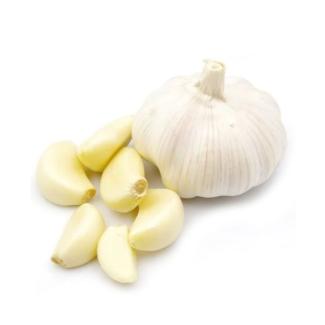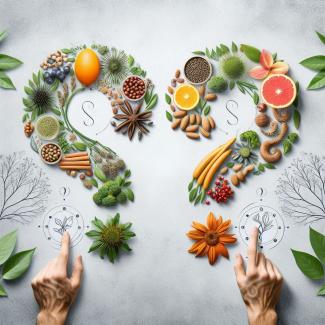
Garlic is a versatile herb that has been used for centuries for both culinary and medicinal purposes. It contains various compounds that are believed to offer several health benefits, although scientific evidence varies in terms of the extent of these benefits. Some of the potential health benefits and uses of garlic include:
- Cardiovascular Health:
- Garlic is associated with potential benefits for heart health. It may help reduce blood pressure and improve cholesterol levels by lowering LDL (bad) cholesterol and raising HDL (good) cholesterol.
- Immune System Support:
- Garlic has antimicrobial properties and may help boost the immune system, making it more resilient against common illnesses.
- Anti-Inflammatory Effects:
- Some studies suggest that garlic may have anti-inflammatory properties, which could help reduce inflammation in the body.
- Antioxidant Properties:
- Garlic contains antioxidants, such as allicin, which can help protect cells from oxidative damage.
- Antimicrobial Properties:
- Garlic has been used as a natural remedy for various infections, including the common cold. Its antimicrobial properties may help fight off bacteria and viruses.
- Antifungal Effects:
- Garlic may have antifungal properties and has been used as a home remedy for fungal infections, such as athlete's foot and yeast infections.
- Cancer Prevention:
- Some research suggests that garlic consumption may be associated with a reduced risk of certain types of cancer, such as stomach and colorectal cancer. However, more studies are needed to establish a clear link.
- Blood Sugar Regulation:
- Garlic may help regulate blood sugar levels and improve insulin sensitivity, potentially benefiting individuals with diabetes or those at risk of developing diabetes.
- Improved Digestion:
- Garlic may aid in digestion by promoting the production of digestive enzymes and enhancing the function of the digestive system.
- Skin Health:
- Topical applications of garlic may help with skin conditions such as acne, warts, and insect bites due to its antimicrobial properties.
It's important to note that while garlic has many potential health benefits, it is not a miracle cure, and its effects may vary from person to person. Additionally, garlic can interact with certain medications and may not be suitable for everyone. If you have specific health concerns or are considering using garlic for medicinal purposes, it's advisable to consult with a healthcare professional for guidance and to ensure it won't interfere with any existing treatments or conditions.






